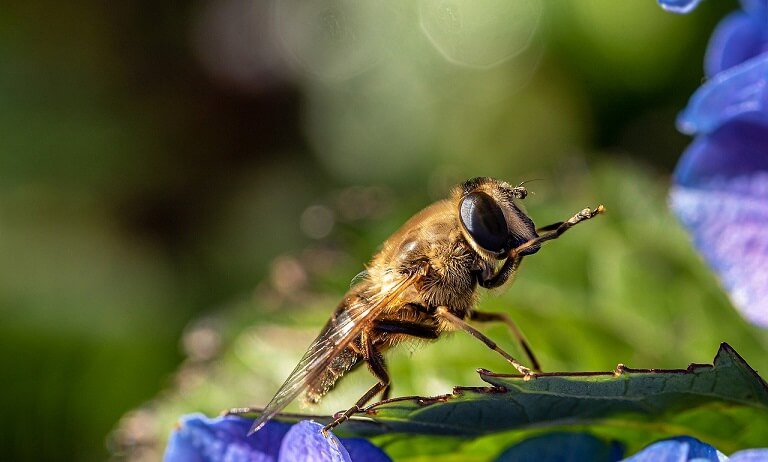11 Dec 2024

Tired Earth
By The Editorial Board

The researchers measured both insect abundance and number of species in areas across the world and compared that to insects in more pristine habitats.
Covering 18,000 species from beetles to butterflies to bees, the study drew from 750,000 data points collected from 1992 to 2012 at 6,000 locations.
The consequences of insect decline are significant.
Some three-quarters of 115 top global food crops depend on animal pollination, including cocoa, coffee, almonds and cherries. Some insects are also crucial for pest control, especially of other bugs. Ladybugs, praying mantis, ground beetles, wasps and spiders all play crucial roles in keeping pest insects in check, from aphids and fleas to cutworms and caterpillars. Insects are also crucial for decomposing waste and nutrient cycling.
The study is the first to look at the combined impact of rising temperatures and industrial agriculture, including the widespread use of insecticides.
“We often only consider one driver of change, such as land use, whereas in reality a lot of drivers will be impacting the same space,” said author Charlie Outhwaite, a macroecologist at University College London’s Centre for Biodiversity and Environmental Research.
Even without climate change, converting a tropical forest into agricultural land leads to drier hotter areas due to the removal of vegetation that provides shade and retains moisture in the air and soil. Add a degree or two of warming, and these regions become even hotter and drier, pushing certain species of insects up to or beyond their limits.
In some regions, insects are now experiencing extended periods in which temperatures exceed the highest extremes of less than a century before.
Till date, intensive agriculture and habitat loss have been the major driver of insect decline.
Earlier research, for example, estimates the number of flying insects across Europe has dropped 80 percent on average, causing bird populations to shrink by more than 400 million in three decades.
“We know that you can’t just keep losing species without, ultimately, causing a catastrophic outcome,” said Tom Oliver, a professor of applied ecology at the University of Reading.
The new study points to a strategy that could extend a lifeline to threatened insects.
Areas practising low-intensity agriculture– fewer chemicals, less monoculture — that were surrounded by at least 75 percent natural habitat saw only a seven percent decline in insect abundance.
But if the density of surrounding natural habitat dropped below 25 percent, insect population declined by nearly two-thirds.
Insects comprise about two-thirds of all terrestrial species, and have been the foundation of key ecosystems since emerging almost 400 million years ago. Moles, hedgehogs, anteaters, lizards, amphibians, most bats, many birds and fish all feed on insects.
Source : sambadenglish.com
Comment